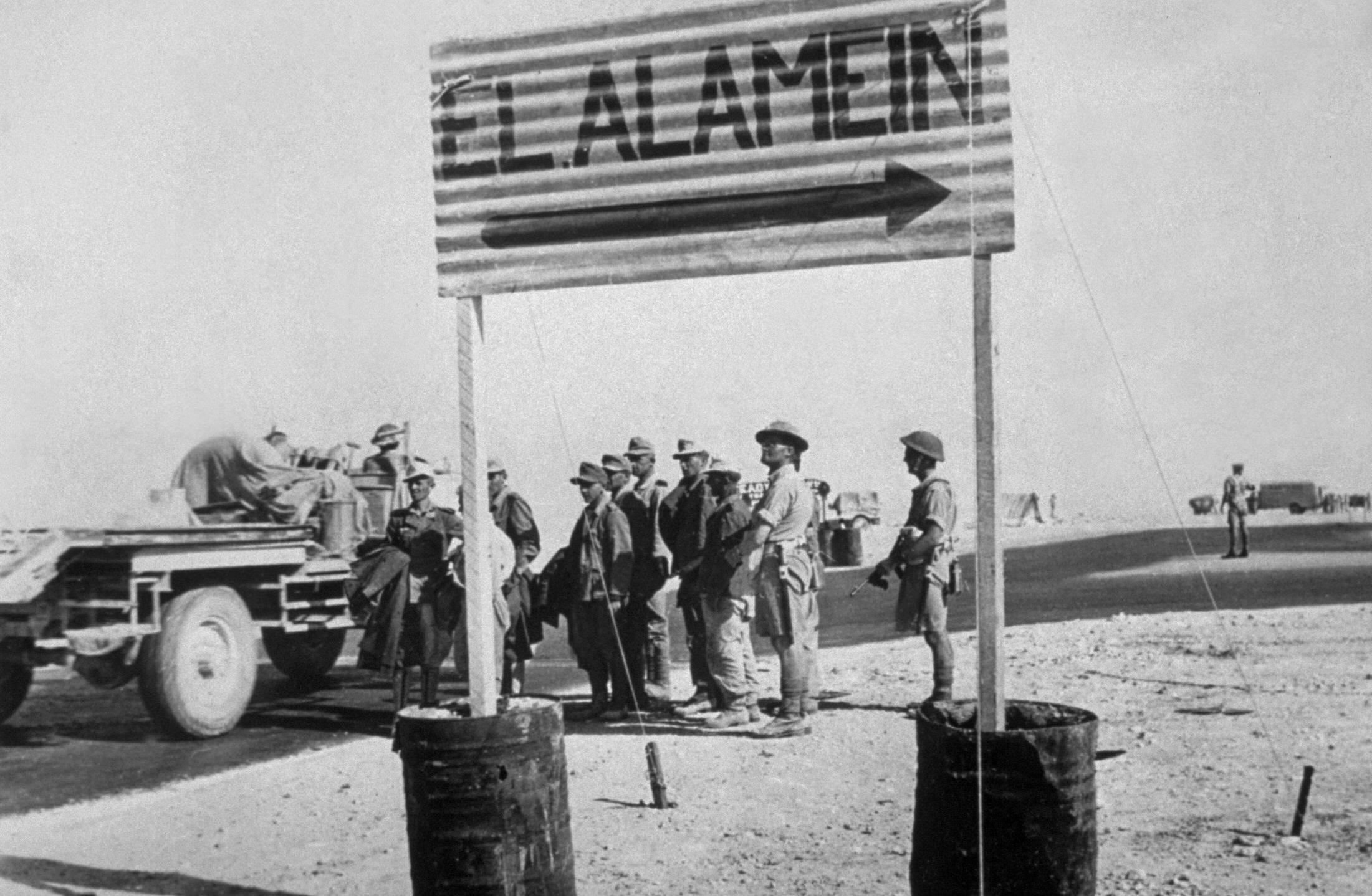
Battles of El Alamein
Great Britain defeats Germany in Egypt
1 July - 11 November 1942
The first battle of El Alamein was a battle of the Western Desert Campaign in Africa. The battle was fought between the Axis forces, led by General Erwin Rommel, and the Allied forces, commanded by Field Marshal Claude Auchinleck. After the defeat at Gazala, the British 8th Army retreated to Egypt, close to El Alamein, on the Mediterranean coast. Auchinleck created strong defensive positions, with bunkers at the end of each line and machine gun nests in the middle. He was waiting for Rommel’s imminent attack.
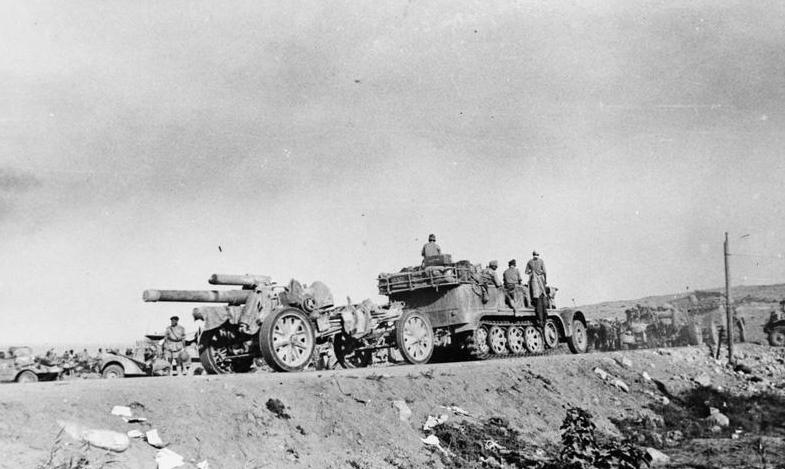
1 of 4
The attack materialized when the 90th Infantry Division attacked along the coast. However, the attack was repelled by the 1st South African Division. The 21st Panzer Division attacked the Deir el Shein point. The Indian brigade stationed there fought desperately, but was overwhelmed. The time won by the Indians however allowed Auchinleck to organize a mixed fighting group made up of infantry and artillery, part of the 10th Indian Infantry Division stationed in the Nile Delta for resupplying operations. The repeated Axis attacks were repelled due to the minefields through which the German Panzers could not advance.
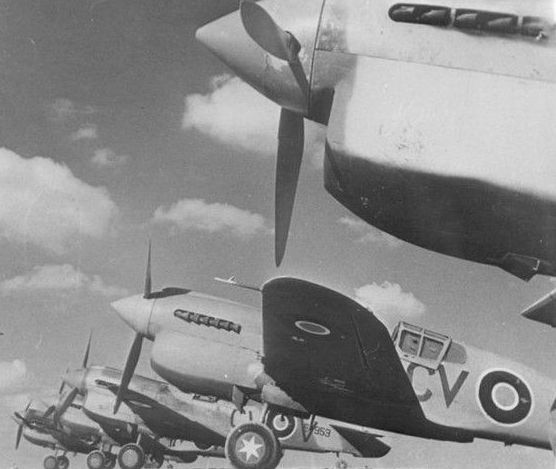
2 of 4
At that moment, Rommel’s troops were exhausted and could no longer advance without time to rest and regroup. Thus, the general strengthened his positions and the battlefield became static. At the same time, the German supply lines were already stretched to the limit. The Allied air forces constantly attacked the German convoys, losses which Rommel could not afford.
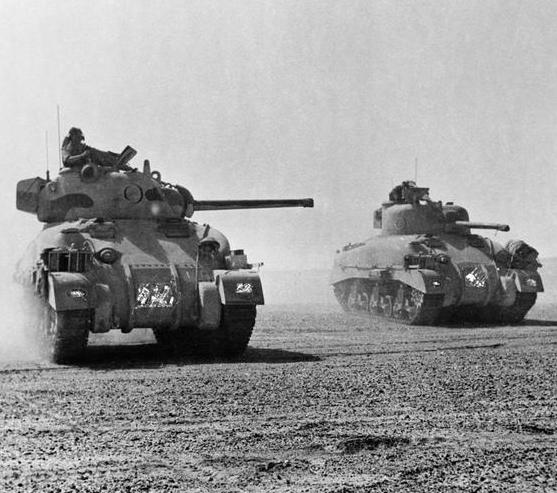
3 of 4
The Allied army was reorganizing itself and receiving backup, especially American Sherman tanks. The British carried out a series of attacks in an attempt to break the German lines. They attacked the German line in the central area three times. Neither of these attacks succeeded. Due to the fact that the British 8th Army was exhausted, Auchinleck ordered the suspension of offensive operations.
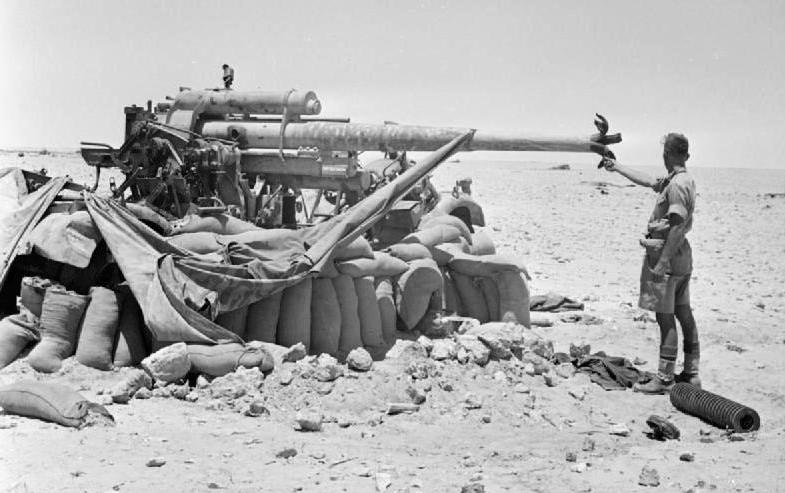
4 of 4
In order to alleviate the pressure created by Rommel on the right and center of the defensive line, Auchinleck launched a counter-attack from the Quattara zone. The first assault was carried out by elements of the 4th New Zealand Brigade. The New Zealanders advanced towards the positions held by the Italian Ariete Armored Division, in a depression. The Italians lost 531 men, 36 artillery cannons, 8 tanks and 55 trucks. Determined to surround the Italian division, the New Zealanders attacked again two days later. However, they were forced to retreat, due to the attack of the Brescia Division.
The German offensive was repelled. The Allies did not manage to break through the German lines. However, through these actions, they stopped Rommel in his advance towards Alexandria. In spite of this, Churchill replaced Auchinleck with Lieutenant-General Bernard Montgomery. Thus, Montgomery took over command of the 8th Army.
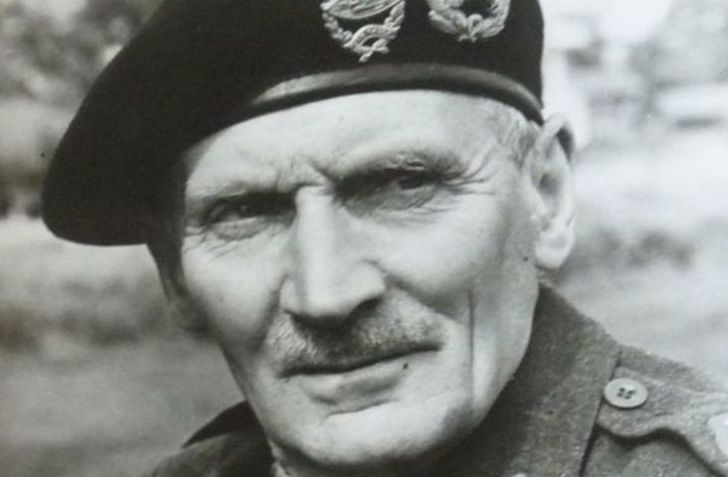
1 of 6
Montgomery successfully defended the British line in the summer, during the Alam Halfa battle. Thus, he gave the Allies time to reorganize for the second offensive, which would follow in the autumn. In the attack from the Heights of Alam el Halfa, Rommel destroyed 67 British tanks, losing 49. The minefields, aerial warfare and British artillery seriously slowed the advance of the German Panzers.
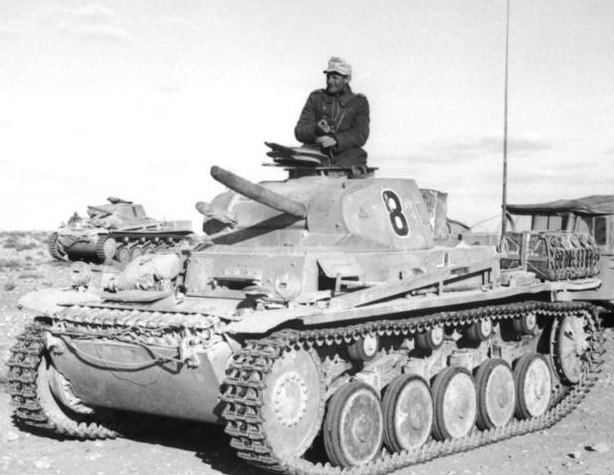
2 of 6
Alam Halfa was the furthest position occupied by German forces in eastern Africa, during the entire campaign. Rommel himself was a step away from death when the Desert Air Forces bombed him and destroyed his tactical command.
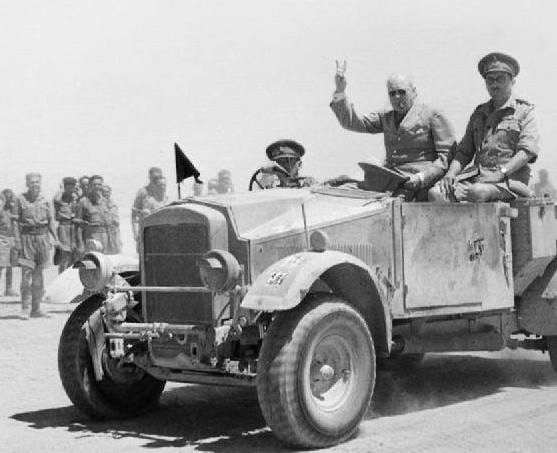
3 of 6
“Auk”, with his base on the Heights of Ruweisat, stopped Rommel’s Panzer armies breaking through his defensive line, taking 7,000 prisoners. He drew up serious plans for launching a massive counter-attack in the autumn. Churchill and Alan Brooke visited Cairo, and Auchinleck was rewarded for his prudence, by being offered command of the forces in the Middle East. This would have been an obvious demotion, which he refused.
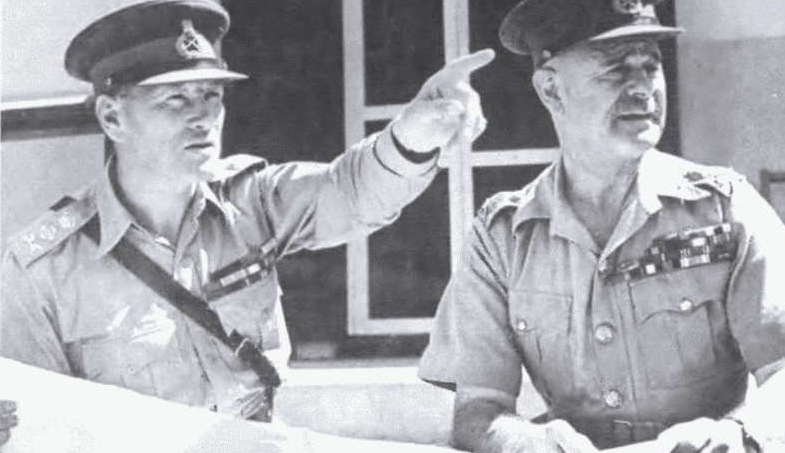
4 of 6
One year later, Auchinleck was appointed commander in chief of the forces in India. Even so, he never again had the opportunity to serve on the battlefield. General Sir Harold Alexander took command of the forces in the Near East.
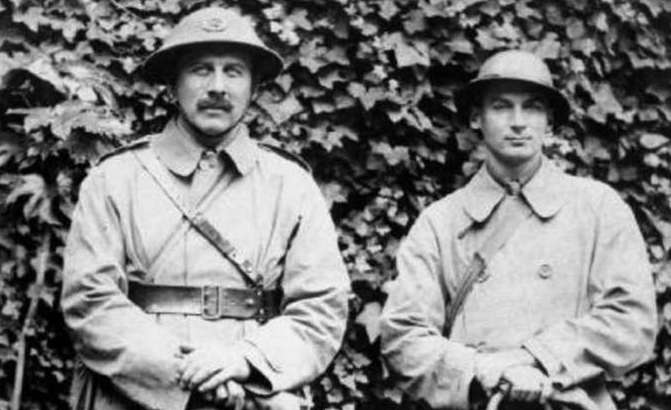
5 of 6
Montgomery distinguished himself during the First World War. He led an attack at Ypres, capturing a German prisoner after he hit him in the testicles. In another situation, his survival seemed so improbable that a grave was dug for him at the first aid post. However, instead of being prematurely buried, he managed to obtain the Order for Special Services and finished the war with the honorary title of Lieutenant-Colonel. After the death of his wife, the emotional side of his life died and was replaced by total concentration on his military career.
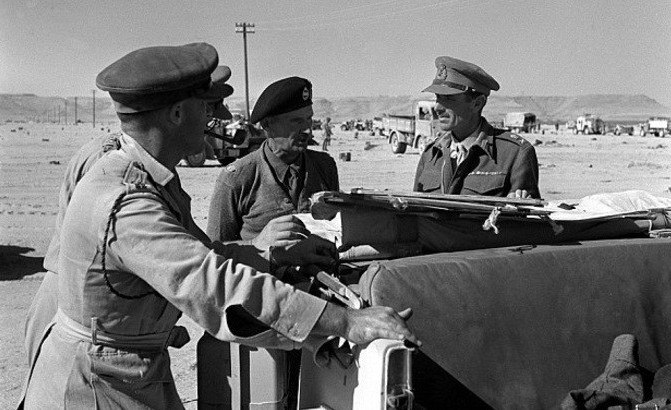
6 of 6
Montgomery handled the Dunkerque retreat well. When he arrived in the Libyan Desert, he had already decided how his duel with Rommel would differ from those led by his predecessors. In contrast to former tactics, Montgomery was not planning to hunt the “Desert Fox” along the North-African coast between Egypt and Tunisia. Instead, he was going to try to lure the Afrika Korps into a single decisive battle, destroying it forever.
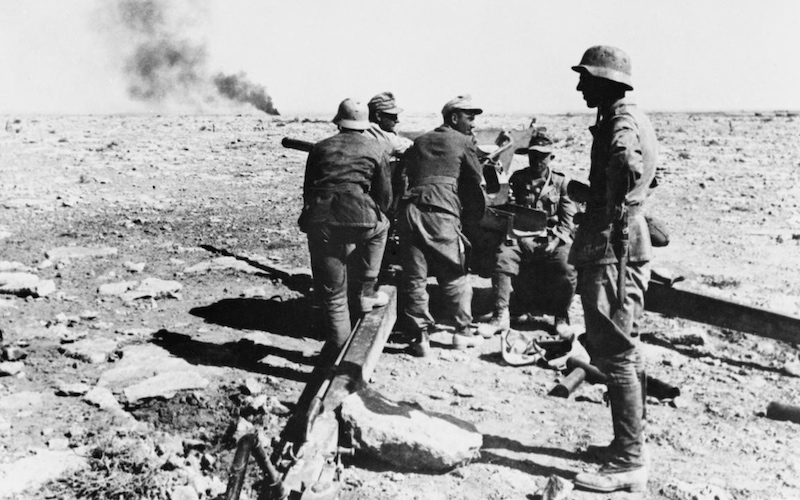
Western Desert Campaign until the Fall of Tobruk
The campaign in North Africa’s Western Desert began with the Italian invasion of Egypt, a British protectorate at the time. Afterwards the British launched Operation Compass and italian dictator Benito Mussolini sought help from his German allies.
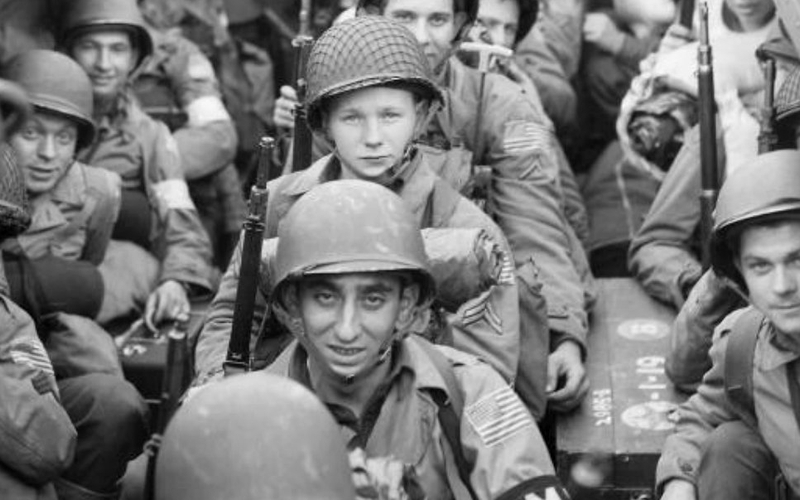
Operation Torch
Operation Torch was the name given to the Allied invasion of French North Africa . Operation Torch was the first time the British and Americans had jointly worked on an invasion plan together.
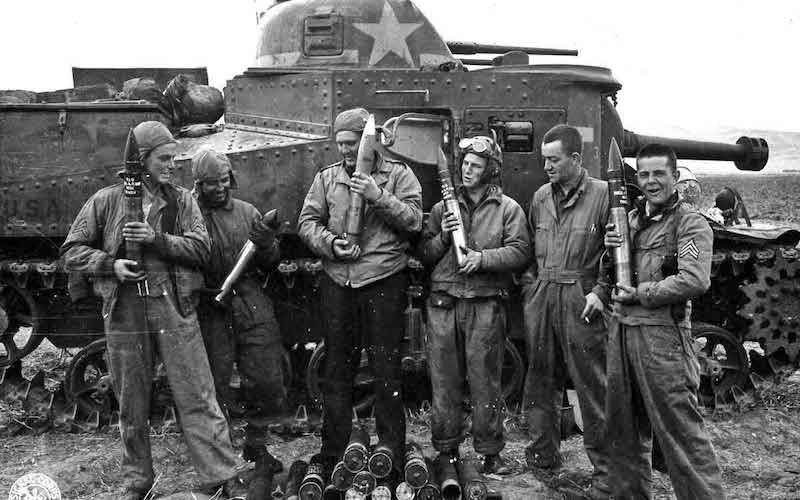
Tunisian Campaign
After the Axis defeat at El Alamein General Erwin Rommel's forces were forced to retreat across Libya, and into Tunisia, with the British forces perusing them. After another series of events the German-Italian collapse was inevitable: pressed from both sides their defenses crumbled by spring 1943 and were forced to surrender.
- Bruce Allen Watson, Exit Rommel, Stokpole Books, Mechanicsburg (Pennsylvania), 2007
- Samuel W. Mitcham, Rommel’s desert war, The life and death of the Afrika Korps, Stokpole Books, Mechanicsburg (Pennsylvania), 2007
- I.C.B. Dear (ed.), The Oxford companion to World War Two, Oxford University Press, Oxford, 2005
- Gabriela Pantiș





